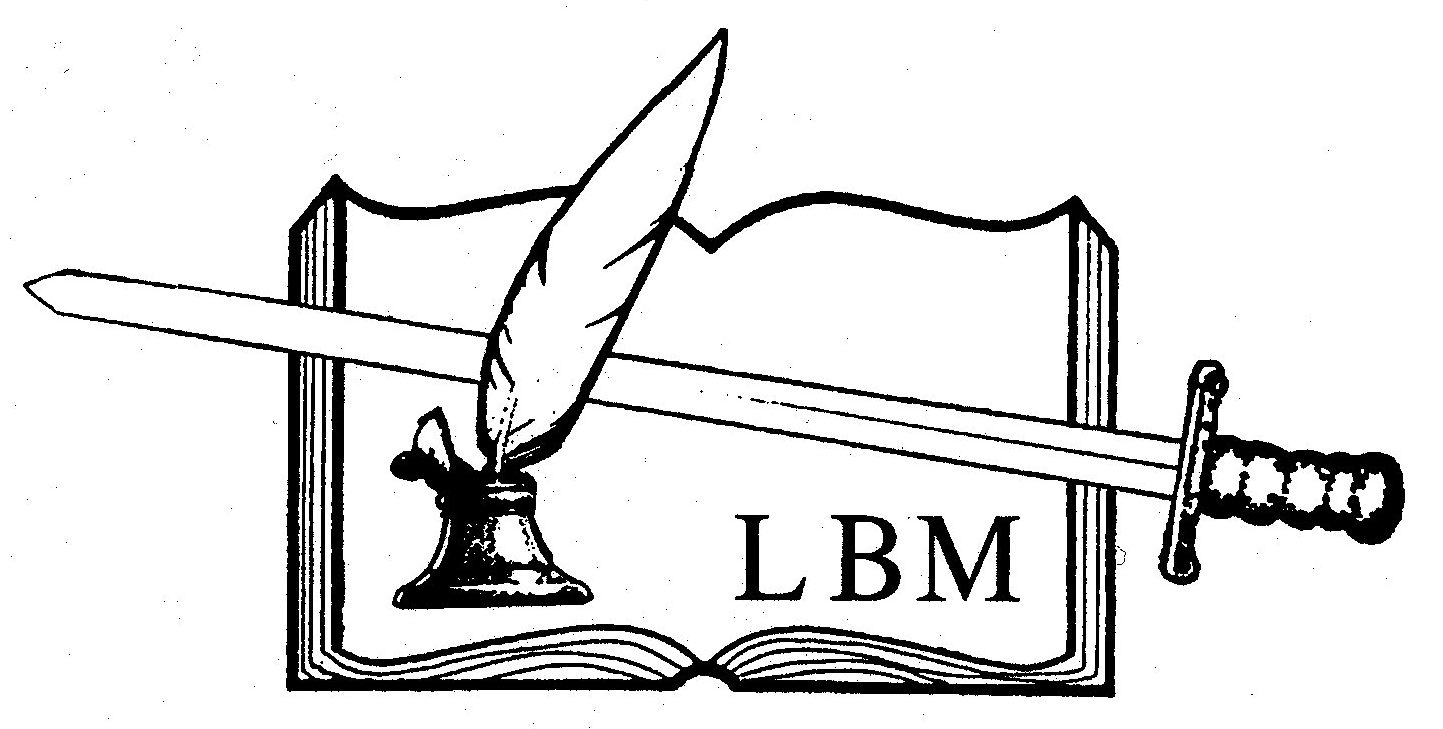G.L. 93A – Unfair and Deceptive Trade Practices Between Businesses
-
What are the common disputes between businesses that may bring about claims under G.L. 93A for unfair and deceptive trade practices?
Massachusetts General Laws Chapter 93A is known as the “Consumer Protection Act.” It regulates conduct between consumers and businesses under § nine, but also has some of the same powerful remedies for resolving disputes between businesses in § 11. This law prohibits unfair and deceptive trade practices. Disputes about contracts or unfair conduct in a trade or business may come under its provisions. Common law fraud -misrepresentation such as misstatements of fact in the negotiations leading to a contract comes under the law’s prohibitions. Mere “puffing” does not. The conduct between businesses to come under this statute must involve transaction “in the conduct of any trade or commerce” and take place primarily and substantially within Massachusetts. There must be a “loss of money or property.” Unlike the Consumer provisions of § 9, a 30 day demand letter is not a requirement before commencing a law suit. If there has been no loss of money or property, an injunction – a court order prohibiting such conduct, may be granted if the unlawful actions may have the effect of causing such loss of money or property.
-
When do the remedies of double or triple damages and/or attorney’s fees apply in a Chapter 93A case?
It is such a powerful weapon in the civil litigator’s arsenal because it provides, in appropriate cases where there has been a knowing and willful violation, that double or triple damages apply. Even in cases where only single damages apply, if there has been a violation, the complaining party may be awarded its attorney’s fees paid by the defending party. While not all contract disputes come within its ambit, particularly egregious conduct such as refusal to meet contractual obligations without a sound basis or failure to pay a bill when it is plainly due can result in liability under Chapter 93A. An answer to a 93A complaint may make an offer of single damages, which if the court finds reasonable at trial, may prevent double or triple damages.
-
What are some common business disputes that do not fall under the business-to-business consumer protection provisions of Chapter 93A, § nine?
As a first test, claims under 93A must be between businesses or between a business and an individual. Intra business disputes, such as between shareholders or partners or disputes about employment contracts usually do not fall under its protections. On the other hand, fraudulent conduct, untruthful statements, made to get a party to enter into a contract may well provide the basis for a Chapter 93A claim. I tried a case for a client who had been provided false overstatements of the income from a commercial building, including fraudulently created leases for non-existent tenants to induce him to purchase it. That conduct resulted in findings of double damages for violations of Ch. 93A. Another case involving false statements about the condition of a home lead to a mediated settlement of $ 100,000.
-
Does failure to make payments due under a contract constitute loss of money or property to come under Ch. 93A?
In one federal case, Arthur D. Little, Inc. was faced with a failure of a Korean company to pay bills for services that were rendered over a lengthy period of time. The court determined that when one business engages in unfair and deceptive practices towards another and the harm consists of a delay in payments owed (and the usual accompanying expenses) there is a “loss of money or property.” It establishes a violation under Ch. 93A, § 11. The damages imposed are not just those attributed to the nonpayment but rather may be multiples of the amount of payments originally owed. When the court made findings that the defendant company had ordered services without intent to pay for them and had given no reasons for its non-payment and was attempting merely to string-out ADL in an effort to force a compromise or otherwise delay payment, liability under Chapter 93A was clear and costly. The Court doubled the underlying contract damages and awarded attorney’s fees to ADL in excess of that figure.
